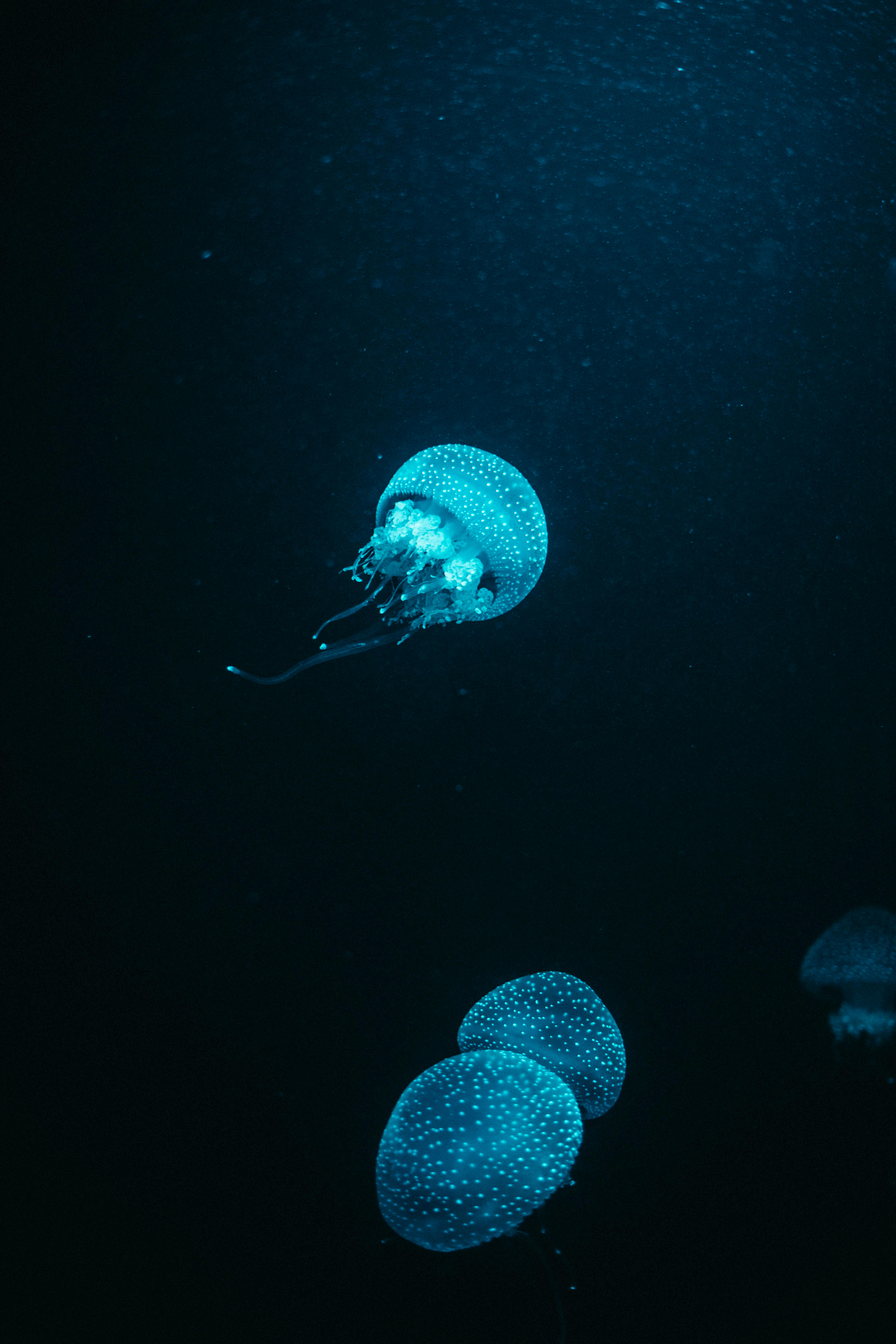Understanding the Effects of Climate Change on Marine Wildlife
Climate change, as we know, is having a global impact on our planet and all forms of life. In this context, one of the most affected areas is our oceans and the myriad species that call these waters home. Over the past few decades, scientists have noticed significant changes in marine ecosystems due to global warming, and it's high time we turn our attention to understand these effects and what they mean for the future of marine wildlife.

Historical Context and Key Developments
The study of climate change and its impact on marine wildlife is not new. Scientists have been observing and documenting changes in sea temperatures, ocean acidity, and sea levels since the late 19th century. However, it was only in the late 20th century that we began to understand the intricate links between these changes and the health of marine ecosystems.
Over the past few decades, scientists have observed a decline in biodiversity, shifts in species distribution, changes in reproductive patterns, and even the emergence of new diseases in marine species. These observations have urged us to delve deeper into the relationship between climate change and the health of our oceans.
Current News and Updates
Recent studies have shown that climate change is causing the oceans to absorb more heat and carbon dioxide, making them warmer and more acidic. This is leading to a phenomenon known as ‘ocean acidification’ which is detrimental to marine wildlife, particularly species with calcium carbonate shells or skeletons like coral and shellfish.
In addition, climate change is causing sea levels to rise, which leads to the loss of coastal habitats that many marine species depend on for breeding and feeding. Furthermore, the melting polar ice caps are drastically altering the habitats of polar species like seals, penguins, and polar bears.
Cost and Impact of Climate Change on Marine Wildlife
While it’s hard to put a price tag on the cost of climate change to marine wildlife, the economic impact of climate change on industries like fishing, aquaculture, and tourism is significant and estimated to be in the billions of dollars.
The decline in marine biodiversity could also have far-reaching impacts on human societies that rely on the ocean for their livelihoods, food, and culture. International efforts to mitigate climate change and protect marine ecosystems are crucial to ensure the survival of marine species and the health of our oceans.
Research-Backed Facts
Numerous studies have shown the detrimental effects of climate change on marine wildlife. For instance, a study published in the journal Nature Climate Change found that ocean acidification could cause a significant decline in the global population of marine species by the end of the century if current trends continue.
Another research study in the journal Science Advances found that warmer ocean temperatures are causing some fish species to shrink in size, which could have significant impacts on the global fishing industry.
Simplifying Complex Topics
While the science behind climate change and its impact on marine wildlife can be complex, it’s essential to understand that our actions have a direct impact on the health of our oceans. Reducing greenhouse gas emissions, protecting marine habitats, and promoting sustainable fishing practices are all ways in which we can help protect marine wildlife from the impacts of climate change.
In conclusion, the effects of climate change on marine wildlife is a pressing issue that requires our attention. By understanding these impacts, we can take steps towards a more sustainable future for our oceans and the incredible life they sustain.




